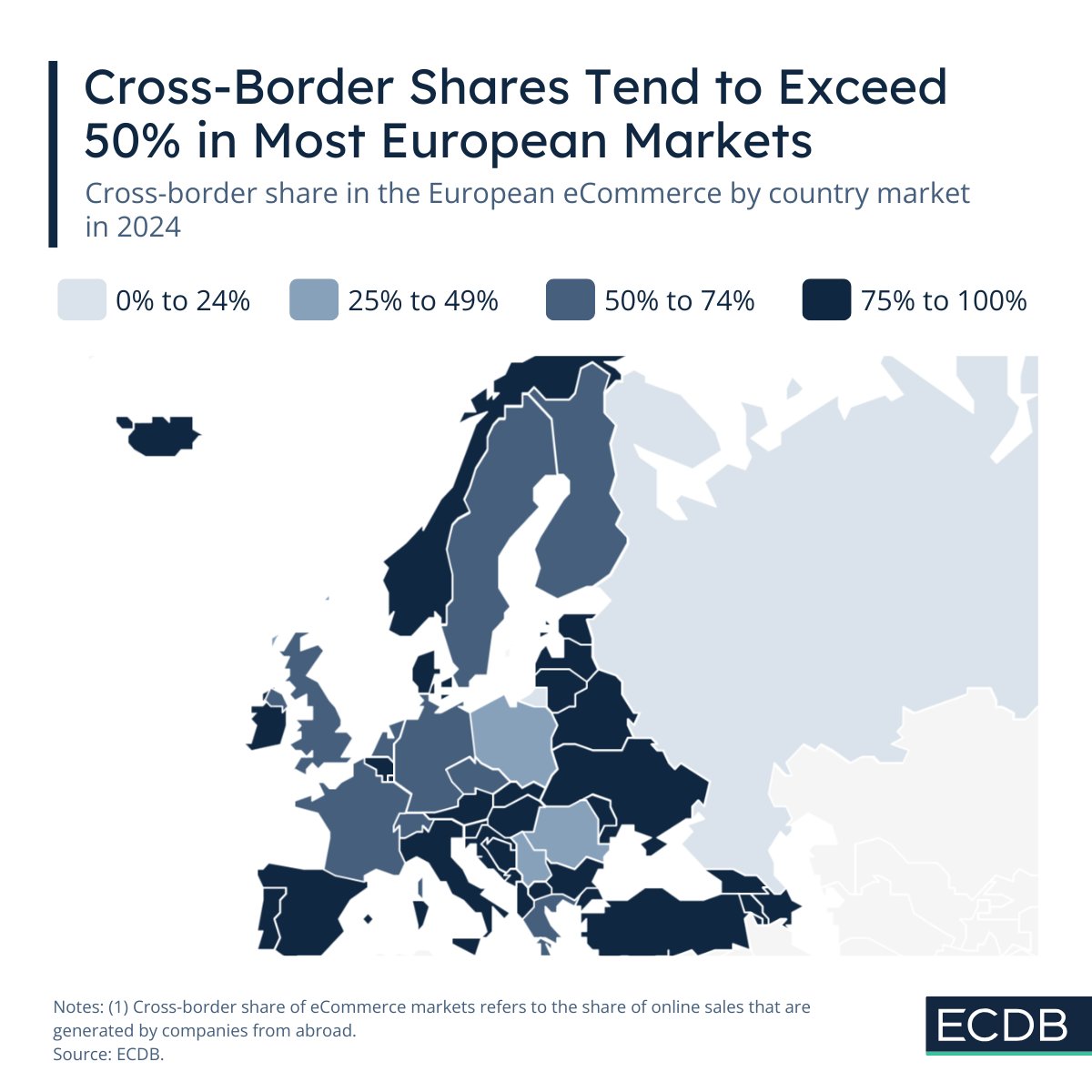
Blog
The ECDB Blog turns data from the Tool into eCommerce insights that illustrate which use you can make of our comprehensive data. It elaborates on relevant eCommerce news to help your brand gain a broader perspective on current retail trends and their effects. Our articles are carefully crafted to present to you the latest market trends, including retail, payment, shipping, transactions, cross-border and more.
Item 1 of 5
All Articles

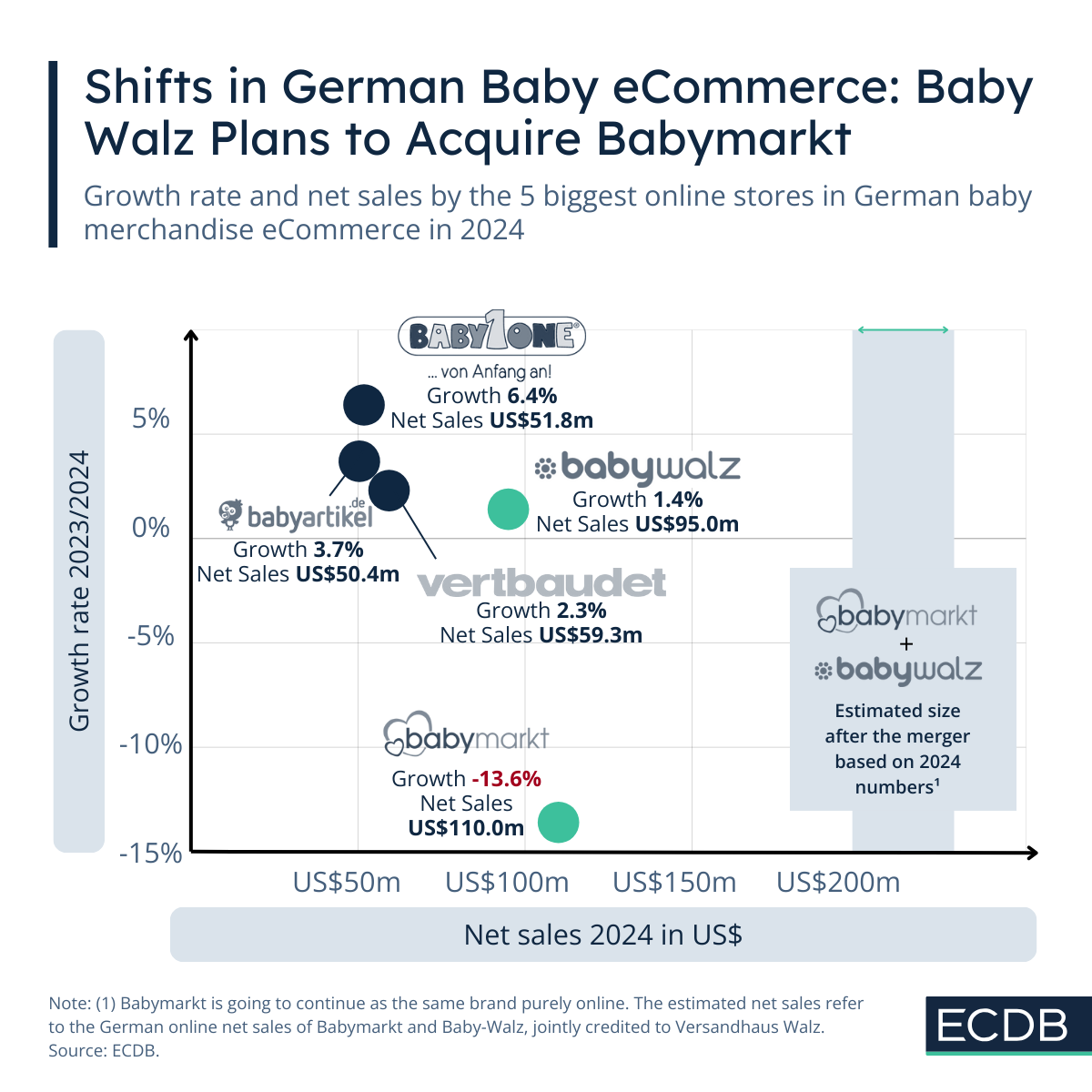
Acquisition of Babymarkt by Baby Walz: How That Changes Market Dynamics
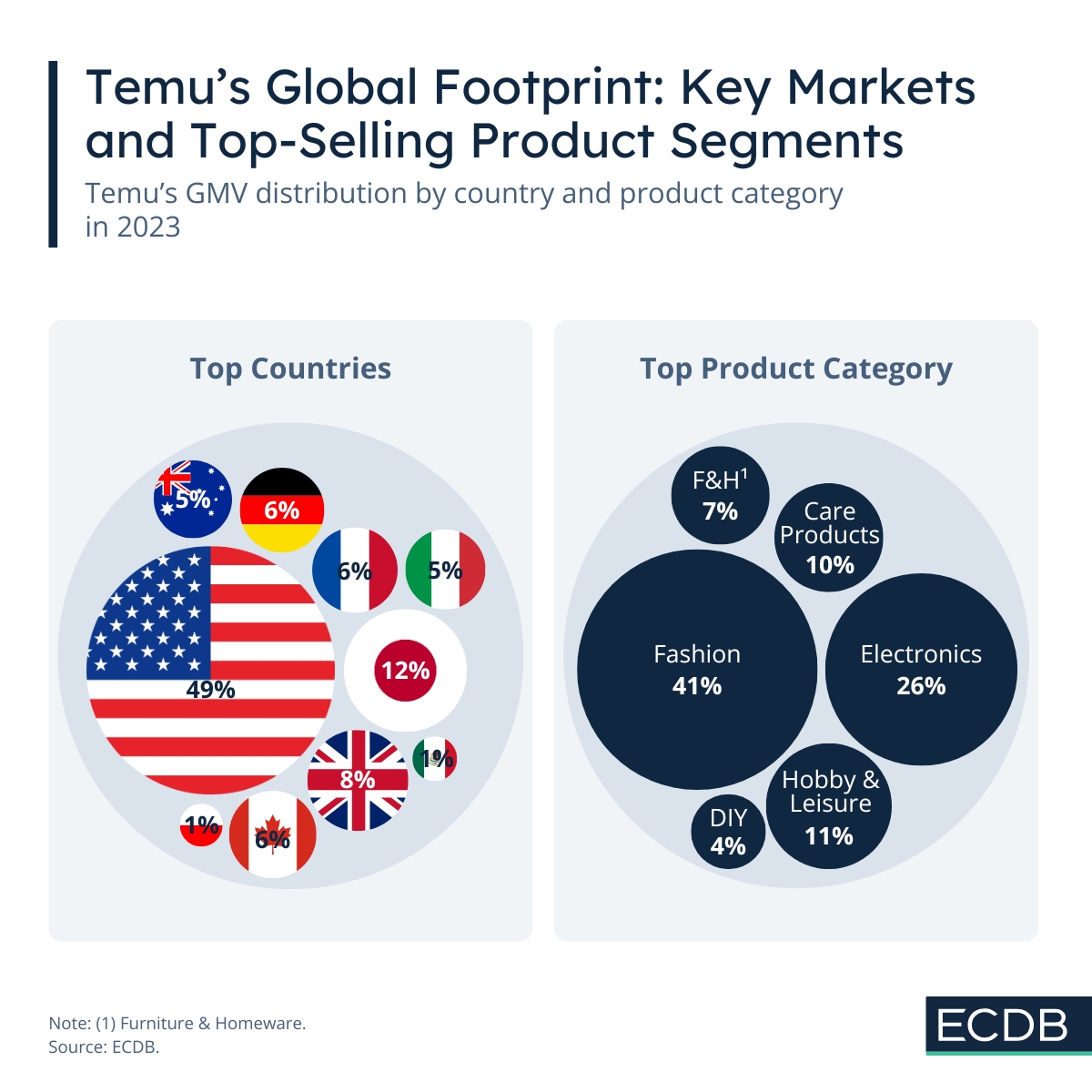
Temu in the West: Just Hype or the Future of eCommerce?
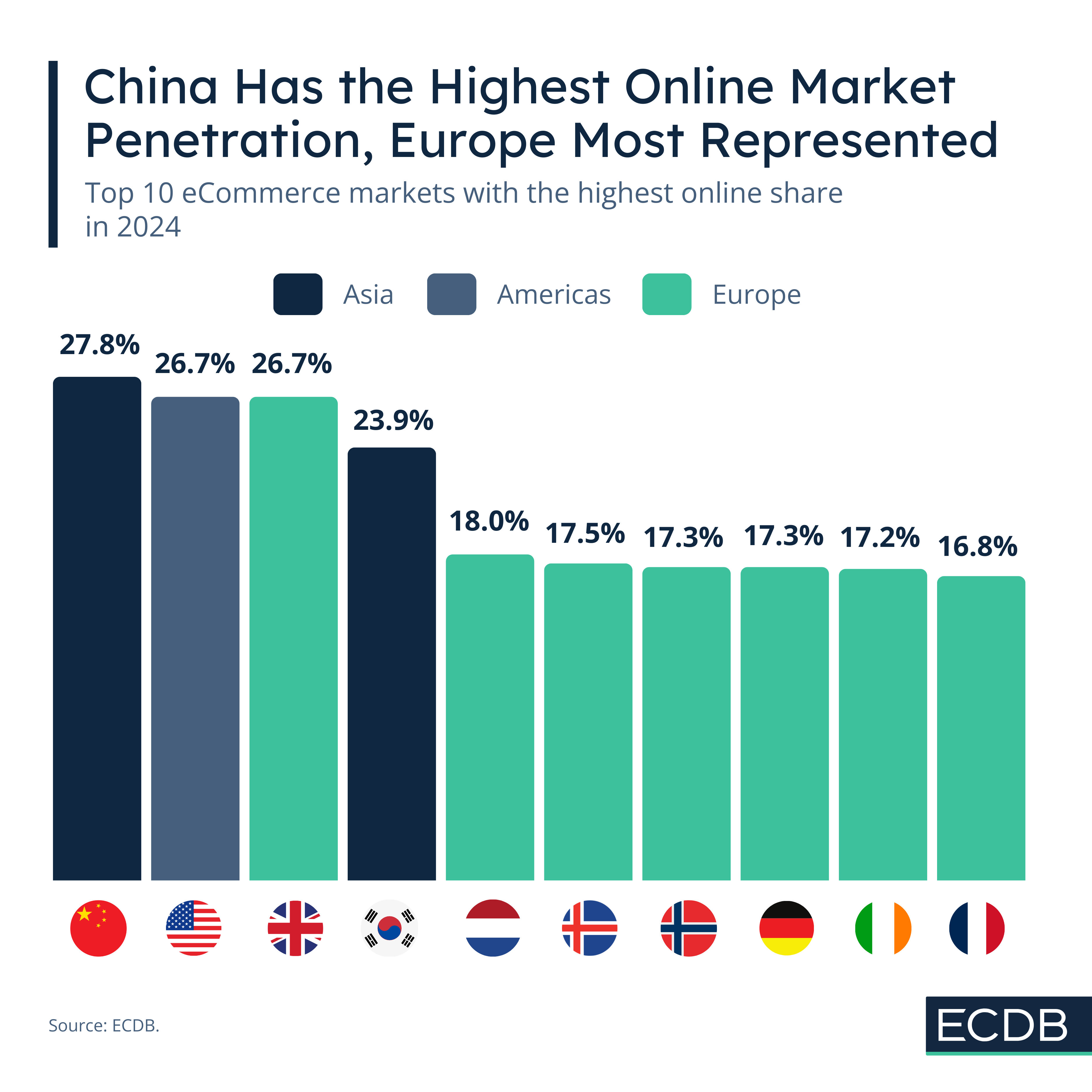
China Has the Highest eCommerce Penetration in the World
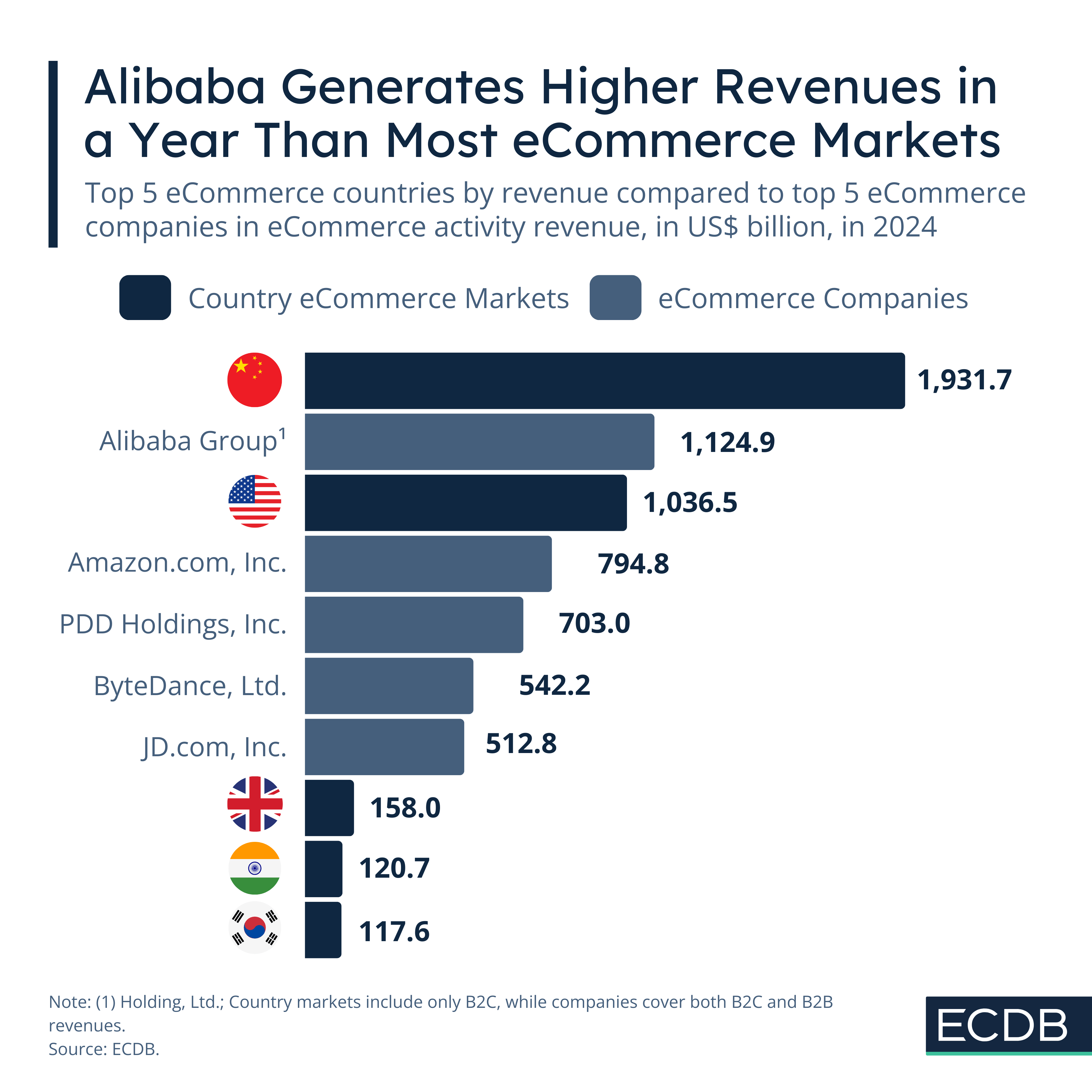
The Top 5 eCommerce Companies Generate Higher Revenues Than Most Countries
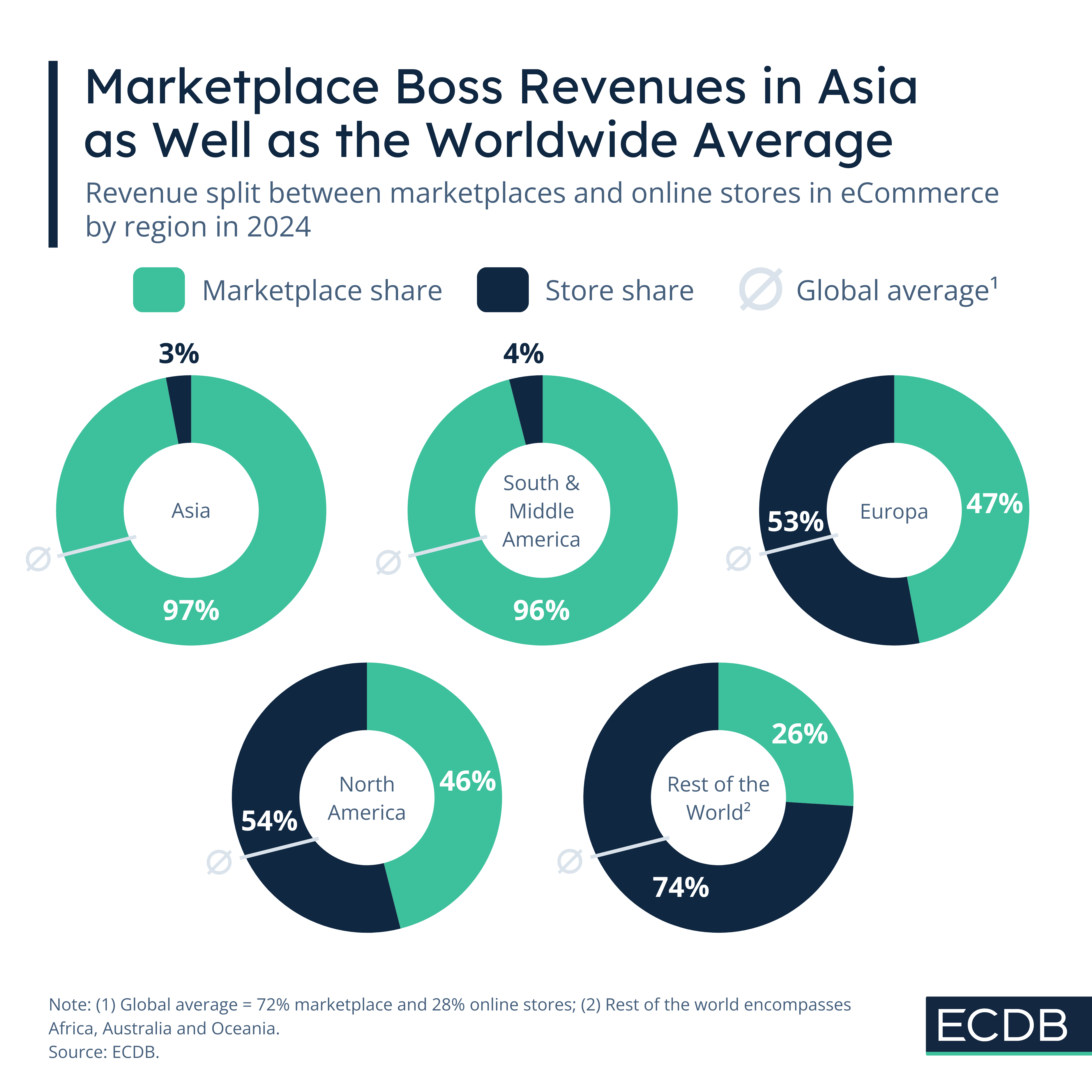
Marketplace vs. Online Store – Which Business Makes the Race?
Ready To Get Started?
Find your perfect solution and let ECDB empower your eCommerce success.